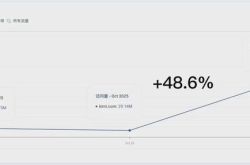Car company bosses face off in a price war, sparking livelihood issues?
![]() 06/12 2024
06/12 2024
![]() 652
652
"Seeking market power to ensure a competitive advantage" is the essence of the outbreak of price wars among enterprises, and relying on state measures to intervene in market behavior can only have a short-term effect.
At the recently concluded 2024 China Chongqing Automotive Forum, a "verbal battle" between car company executives attracted continuous attention from netizens, with the intensity comparable to dragon boat racing.
It is worth noting that in previous forums of this type, executives would typically read prepared speeches, often singing praises for their companies with little valuable information and even some boredom. However, in recent years, with the rapid changes in the market environment, every opportunity to speak out has become exceptionally valuable.
Especially at this year's Chongqing Automotive Forum, when the executives saw the topic of "long-termism and sustainable development," they immediately became energized. With grievances building up over the past few days, they were eager to vent their frustration, discarding prepared speeches and freely expressing their grievances.
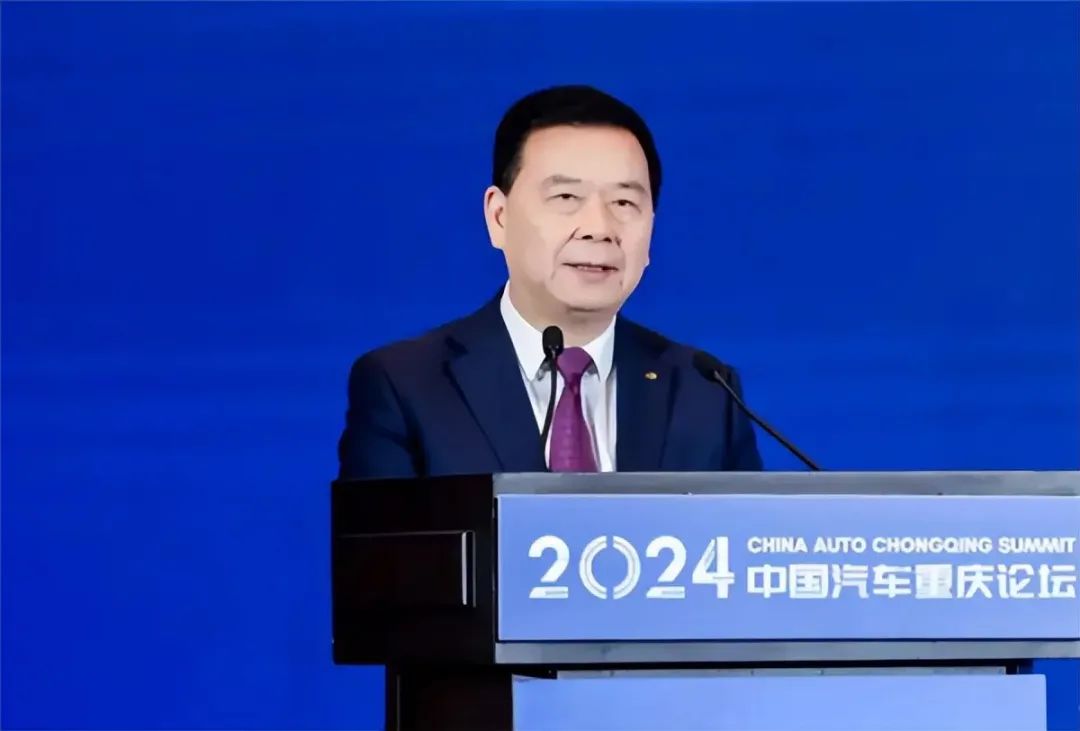
Starting from early 2023, this unprecedented and protracted price war has exhausted the vast majority of enterprises, with GAC Group, the most severely affected, firing the first shot and officially igniting the flames.
Zeng Qinghong, the chairman of GAC Group, directly stated on the spot that price competition is not a problem, as it is determined by supply and demand relationships and market laws. GAC does not oppose price wars and is not afraid of them, but they must be rational and have a bottom line, not excessive. "Offering discounts is fine, but at the cost of sustainability is unacceptable."
Once the floodgates opened, Chairman Zeng Qinghong became increasingly passionate. "Due to severe competition within the automotive industry, GAC Group has had to lay off employees. Layoffs have affected all levels of the company, from grassroots employees to middle management, and everyone has felt the chill." He appealed to peers in the automotive industry to prioritize long-termism and long-term development from a national perspective rather than getting bogged down in the current price war quagmire.
The following statement directly provoked widespread dissatisfaction among the masses.
"What is the purpose of running a business? To make a profit. What is the purpose of making a profit? To contribute to the country, society, taxation, and employment. Now, how many layoffs have there been? Let me tell you that GAC has also laid off quite a few. What will happen to society and the country if this continues?"
From an objective perspective, what Chairman Zeng Qinghong said is not inappropriate, but his standpoint does not align with the fundamental interests of the broadest masses of people, leading to widespread criticism from the outside.
Contemporary young people dislike high-sounding and unrealistic statements, and even more so when the cost of such statements is at the expense of their interests. From their perspective, raising product prices to make profits for the company, contribute to the country and society, seems somewhat grandiose.
While Chairman Zeng Qinghong was discussing internal competition, GAC Group released its latest production and sales report, showing that in May, the group's total automobile terminal sales were 156,518 vehicles, a year-on-year decrease of 25.33%. Cumulative sales for the first five months of this year reached 699,529 vehicles, a year-on-year decrease of 24.51%. In addition to GAC passenger cars, GAC Honda, GAC Toyota, and GAC Aion have all seen double-digit declines in cumulative sales this year, with declines reaching 24.3%, 27.26%, and 38.71%, respectively.
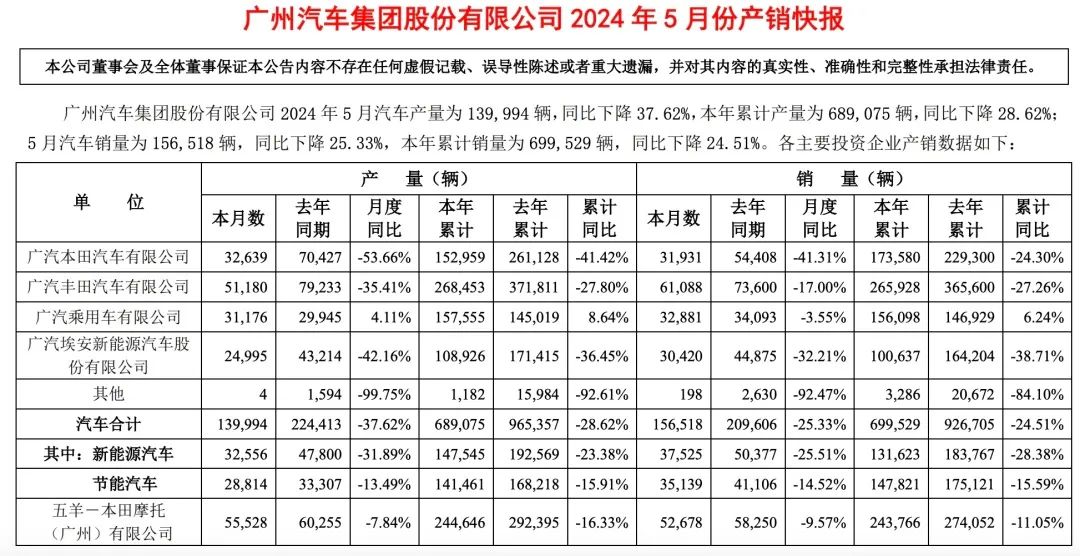
This performance is basically a complete defeat, and the chairman must have seen these sales figures in advance to speak freely at the forum. Under the price war, GAC is on the verge of collapse.
In addition, Zeng Qinghong believes that as long as they do not smear others or harm third parties, they can engage in any form of competition. Promoting their products, technologies, services, and brands through traffic is fine, but there is a phenomenon of smearing others to raise oneself.
Unable to compete or unwilling to join, the only option left for Chairman Zeng Qinghong is to appeal from a national perspective. Of course, GAC is not the only company struggling with price wars.
According to data provided by Geely, in 2023, the terminal transaction prices in the entire market decreased by 10%-15% year-on-year, and then rapidly decreased by another 10% from January to April this year.
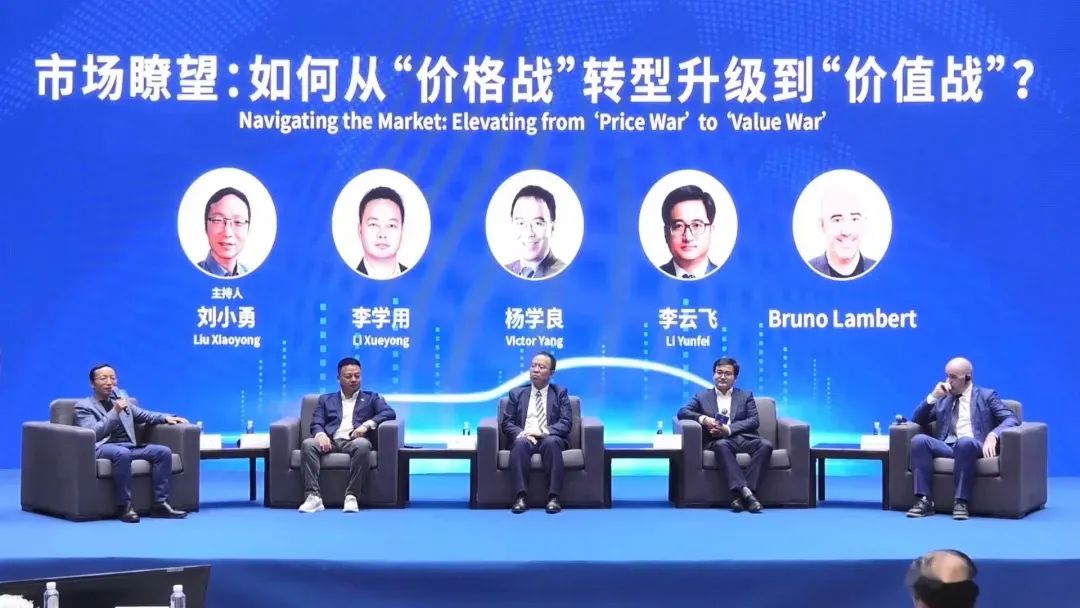
Yang Xueliang, Senior Vice President of Geely Holding Group, picked up where the chairman of GAC left off. He said, "Today, the level of internal competition in the Chinese automotive industry can be said to be the highest in the world, but we cannot simply engage in price wars. We must fight technological, quality, brand, and service wars while maintaining price advantages, especially moral wars among enterprises." This statement was also implicitly referring to other companies.
"Endless internal competition and simple and brutal price wars lead to cutting corners, falsification, and unregulated competition," said Yang Xueliang. "Collectively sliding into an unbreakable spiral of internal competition and unsustainable development is a passive situation." He also used the example of the Frankfurt Engineering Center not working overtime during holidays to illustrate that "pointless or excessive competition ultimately makes it difficult to win the respect of others."
It is worth noting that Geely sold a total of 256,556 vehicles in May, a year-on-year increase of 22.2%, and 110,681 new energy vehicles, a year-on-year increase of 59%. Overall, the situation is better than most automakers. However, as the former leader of independent brands and the sales champion among domestic companies, Geely is naturally unhappy with being overshadowed in recent years.
Geely has also been targeted in marketing and public opinion fields. Although Yang Xueliang's speech did not name names or provide factual evidence, it was still highly confrontational.
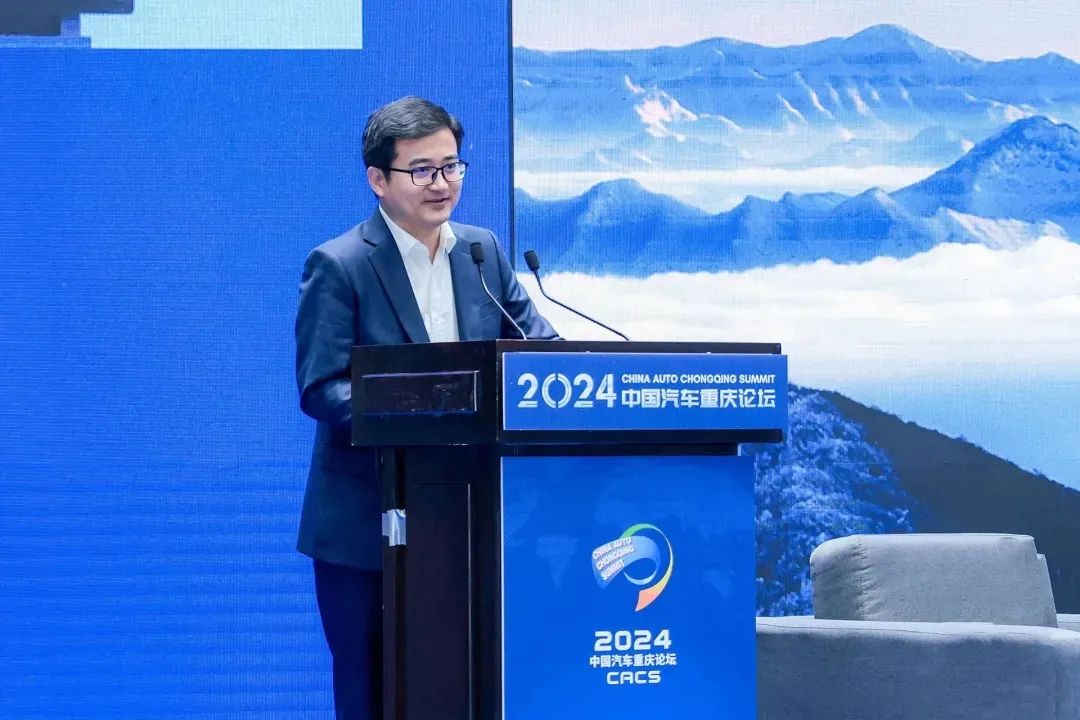
Li Yunfei, General Manager of BYD's Brand and Public Relations Department, presented an almost textbook response.
Li Yunfei said that price wars should be approached with caution, following them if able and moving on if not, introducing the next product. Competition should be healthy and benign, without getting angry or upsetting the table. Just like a card game, if this round doesn't work out, there's always the next round. This is long-termism and good for consumers and the healthy development of the industry.
In addition to his verbal response, Li Yunfei directly cited an example. In 2022, due to rising battery costs and subsidy reductions, all automakers, including BYD, were forced to raise prices. However, in the past two years, with technological progress and economies of scale, battery costs have declined significantly. In particular, the price of battery-grade lithium carbonate has dropped by over 80% from its peak in 2023 to its current level. It can be said that the manufacturing cost of new energy vehicles has dropped significantly, providing automakers with ample room for price reductions.
"Some automakers in the market are enjoying the benefits of cost reductions but are unwilling to give consumers any benefits. I really want to ask these automakers, don't their consciences hurt? Not reducing prices when battery costs are declining is actually immoral to consumers. We are willing to do so because BYD always puts user experience first."
It has to be said that BYD's approach is quite clever, directly aligning itself with the people and closely linking corporate behavior with the fundamental interests of the people. Compared to the somewhat dry and high-sounding speech of the chairman of GAC, BYD's speech is truly singing praises.
However, objectively speaking, vehicle prices are not solely determined by battery costs but also involve many complex costs. Executives cannot break down and explain these costs to the audience in such a setting. BYD, which has fully transitioned to new energy, is a beneficiary of the decline in battery costs. To this day, new energy vehicles still enjoy various levels of subsidies and exemptions nationwide.
Compared to most other automakers, BYD has more opportunities and room to initiate and win this price war. As the market gradually moves towards parity between gasoline and electric vehicles, some guests have begun to call for "equal rights for gasoline and electric vehicles." In recent years, BYD has been ahead of the curve, promoting the slogan that electricity is cheaper than gasoline.
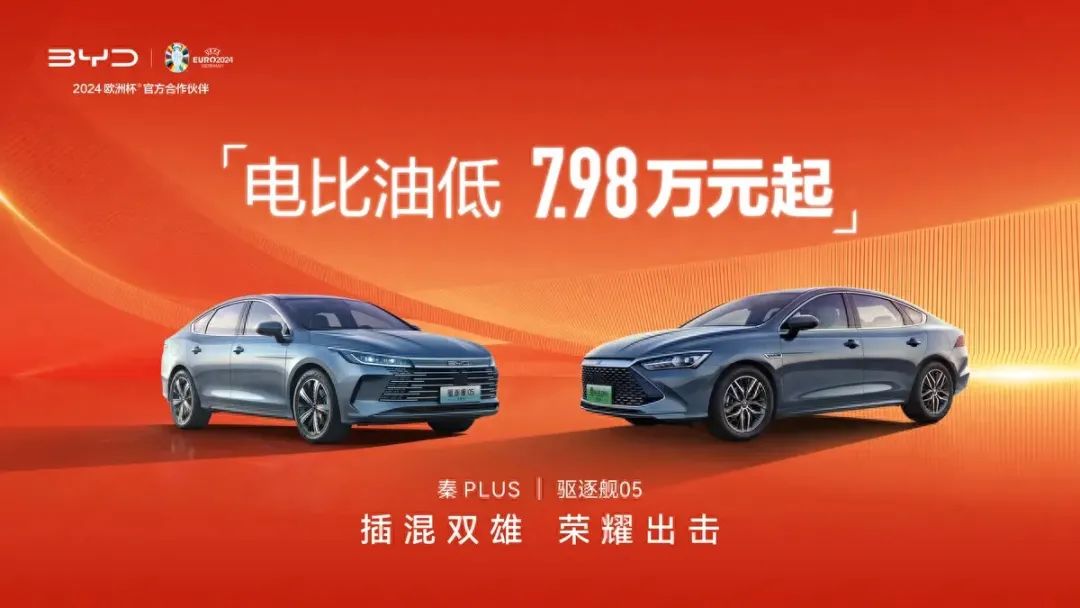
It is no exaggeration to say that the new round of auto market price wars this year was ignited by BYD in the compact car market. Both the Qin PLUS and the Destroyer 05 have refreshed their glory editions, making the reality of "electricity cheaper than gasoline" a reality.
Returning to the topic of price wars, "competition" itself is a form of competition and the essence of market economy. Automakers such as Chery and Changan also strongly support this "competition." The chairman of Changan Automobile believes that "competition is a process of good money driving out bad money. Competition itself means pursuing excellence, which will raise the new height of Chinese brands, maximize user interests, and truly create value for users."
In recent years, price wars between gasoline-powered and new energy vehicles have largely been related to the contradiction between excess supply and relatively slowing demand growth in the domestic automotive market.
With a large number of new cars entering the market in 2024, the trend of market supply exceeding demand is difficult to change in the short term. At the same time, as the penetration rate of new energy vehicles rapidly increases and the scale of the traditional gasoline-powered vehicle market gradually shrinks, the contradiction between huge traditional production capacity and the shrinking gasoline-powered vehicle market is bound to trigger fierce price wars.
"Seeking market power to ensure a competitive advantage" is the essence of the outbreak of price wars among enterprises, and relying on state measures to intervene in market behavior can only have a short-term effect.
Behind the "verbal battles" between car company executives, it reflects that the price war has reached its most intense stage. No matter how loudly the executives shout, at least in the price war, the vast majority of consumers are benefiting. From this perspective, having more price wars is not necessarily a bad thing.
Note: Some images are sourced from the internet. If there is any infringement, please contact us for removal.

